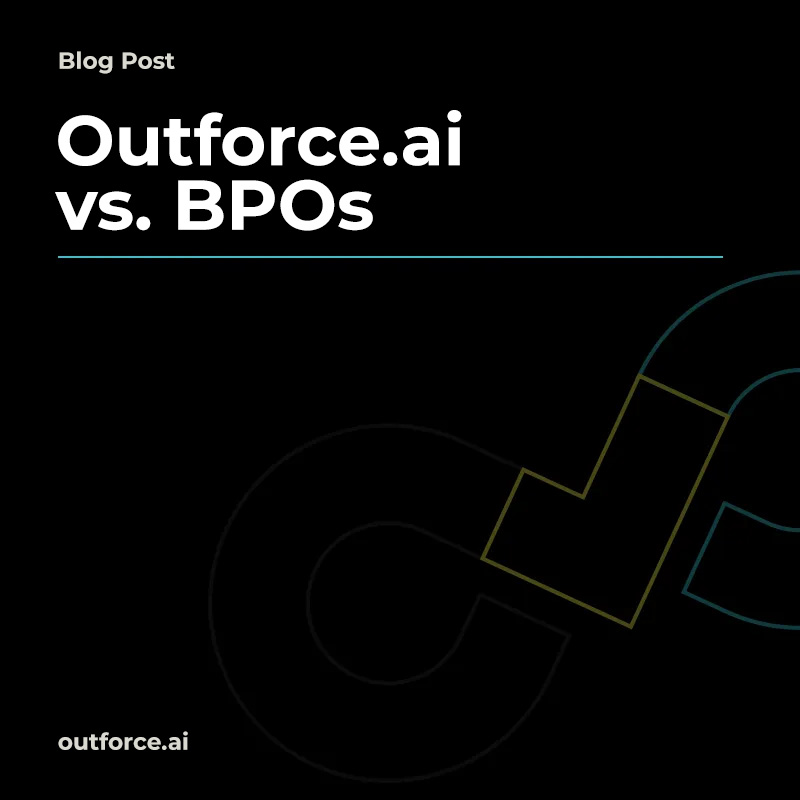
Cybersecurity Outsourcing Best Practices
Best Practices for Cybersecurity Outsourcing
Outsourcing cybersecurity is a strategic decision that can significantly enhance a business's defence against cyber threats. However, to realize the full benefits of cybersecurity outsourcing, it's essential to follow best practices that ensure the effectiveness of the partnership. Let's take a look into the tips and guidelines for businesses looking to outsource their cybersecurity needs effectively.
Assess Your Needs and Objectives
Before embarking on the journey of outsourcing cybersecurity, it's crucial to conduct a comprehensive assessment of your organization's needs and objectives. Consider the following:
Identify Vulnerabilities: Assess your existing cybersecurity infrastructure to identify vulnerabilities, weaknesses, and areas of concern.
Define Objectives: Clearly define your cybersecurity objectives. What are you looking to achieve by outsourcing? Is it enhanced protection, compliance with industry regulations, or incident response capabilities?
Prioritize Risks: Prioritize cybersecurity risks based on their potential impact on your business. This will help you allocate resources effectively.
Choose the Right Outsourcing Partner
Selecting the right cybersecurity outsourcing partner is a critical decision. Here are some factors to consider:
Reputation and Track Record: Choose a reputable outsourcing company with a track record of success in providing cybersecurity services. Look for industry certifications, client testimonials, and case studies.
Expertise and Specialization: Ensure that the outsourcing partner has expertise in the specific areas of cybersecurity that are relevant to your business, such as network security, endpoint protection, or threat intelligence.
Compliance and Regulations: If your industry is subject to specific regulations (e.g., GDPR, HIPAA, PCI DSS), verify that the outsourcing partner is compliant with these standards.
Communication and Transparency: Effective communication is key to a successful outsourcing partnership. Ensure that the outsourcing company maintains open lines of communication and provides regular updates on cybersecurity activities.
Define Clear Objectives and Metrics
Once you've selected an outsourcing partner, establish clear objectives and key performance indicators (KPIs) to measure the effectiveness of the partnership. This may include metrics such as:
Reduction in Security Incidents: Measure the decrease in the number of cybersecurity incidents and breaches after outsourcing.
Response Time: Evaluate the response time to cybersecurity incidents and the efficiency of incident resolution.
Compliance Adherence: Ensure that the outsourcing partner meets compliance requirements and helps your organization maintain compliance.
Cost Savings: Track cost savings achieved through outsourcing in comparison to in-house cybersecurity operations.
Regular Communication and Reporting
Maintain regular and transparent communication with your outsourcing partner. This includes:
Scheduled Updates: Set up regular meetings or reporting schedules to review the state of your cybersecurity.
Incident Reporting: Establish clear procedures for reporting and responding to cybersecurity incidents.
Feedback Loop: Encourage feedback from both sides to continuously improve the outsourcing partnership.
Data Protection and Privacy
Protecting sensitive data is paramount. Ensure that your outsourcing partner follows strict data protection and privacy practices, including encryption, access controls, and data retention policies. Compliance with data protection regulations is essential.
Compliance with Regulations
If your industry is subject to specific cybersecurity regulations, work closely with your outsourcing partner to ensure compliance. This may involve regular audits and assessments to meet regulatory requirements.
Incident Response Plan
Develop a comprehensive incident response plan in collaboration with your outsourcing partner. This plan should outline the steps to take in the event of a cybersecurity breach, including notification procedures, containment strategies, and recovery efforts.
Outsourcing cybersecurity can be a powerful strategy for bolstering your organization's defence against cyber threats. By following the best practices outlined in this guide, you can ensure that your partnership with an outsourcing provider is both effective and beneficial. Starting with a thorough assessment of your needs and objectives, followed by careful selection of a reputable partner, setting clear objectives and metrics, maintaining open communication, and prioritizing data protection and compliance, you can pave the way for a successful and secure outsourcing journey. Additionally, the development of a robust incident response plan in collaboration with your outsourcing partner will further strengthen your cybersecurity posture. Embracing these best practices will not only enhance your organization's cybersecurity defenses but also provide peace of mind in an increasingly complex digital landscape.








.png)



